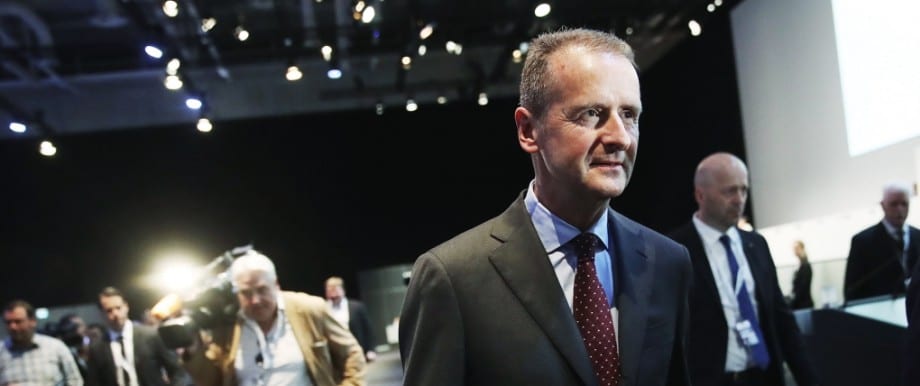Shortly after a U.N. report concluded that world leaders have just two decades to reduce their carbon footprint before suffering catastrophic climate change this past Monday, the European Union announced new emission regulations that plan to cut carbon-dioxide emissions from cars and trucks 35 percent by 2030, much to the distress of certain automakers.
The EU already had the strictest limits on emissions of carbon-dioxide in the world, yet it only took 13 hours to announce their new emission regulations, highlighting the seriousness with which the EU aims to honor the agreement made under the Paris Climate accords. Countries such as Ireland and the Netherlands advocated for even stricter emission regulations, proposing plans for a 40 percent reduction in emissions by 2030. Other countries, such as Denmark, have already announced the eventual ban of diesel and gasoline powered vehicle across the region.
Elisabeth Köstinger, Austrian Federal Minister of Sustainability and Tourism, had the following to say in regards to the recent regulation:
“ Today’s agreement is a further step towards new legislation on CO2 emissions. It sets the European automotive industry on track to build cleaner cars, invest more in innovation, and report more reliable emission data. By 2030, new cars will emit on average 35% less CO2 compared to the current emission standard limits. This is a solid basis on which to begin talks with the European Parliament.”
While the EU’s decision to enforce stricter emission regulations seems like the obvious course of action given the current state affairs, Herbert Diess, CEO of Volkswagen, has expressed his discontent with the EU’s current plan. In a statement to German news publication Süddeutsche Zeitung, Diess warned that if the EU chose to pursue their 35 percent carbon-dioxide restriction, such a steep reduction plan could potentially harm the automotive industry. With the regulation in place, Diess estimated that Volkswagen would risk putting 100,000 employees out of work. Diess later proposed that a 30 percent reduction in emissions by 2030 would be more manageable. Diess continued to stated:
“ The transformation in speed and impact is difficult to manage. Such an industry can crash faster than many believe.”
With such a drastic shift in regulations, many automakers could potentially be forced towards electrification much sooner than expected, and may find themselves woefully unprepared for the trials that come along with it. With the current climate setting continuing to worsen, it is uncertain whether stricter regulations will come to pass in the future, and it is difficult to say whether automakers will be able to keep up in the ever-growing electric market.
Source: Consilium
